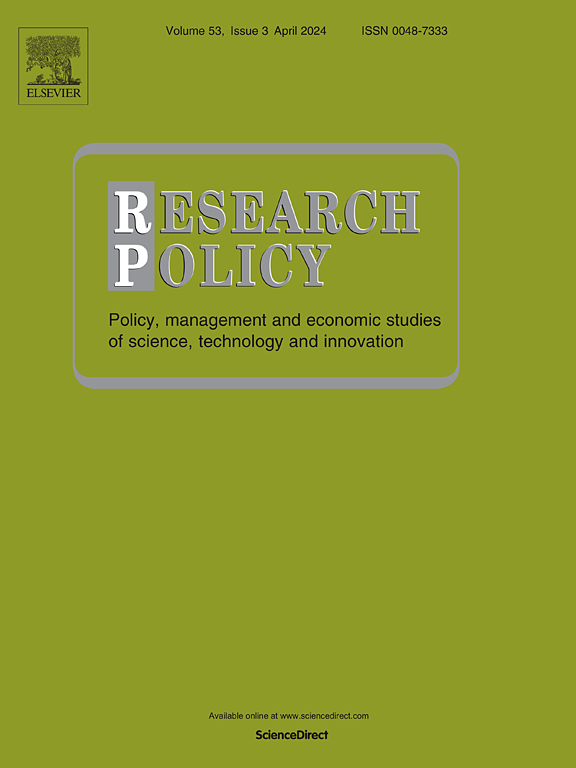“Talk social sciences to me”: Enhancing the dissemination of social sciences through mass media engagement
IF 8
1区 管理学
Q1 MANAGEMENT
引用次数: 0
Abstract
This study examines mass media communication as a vital yet under-explored channel for disseminating social sciences. Drawing on the knowledge transfer and science communication literature, we identify specific Social Sciences Communication Barriers (SSCBs) that may hinder the effectiveness of mass media in this regard. These barriers include perceptions of lower expertise compared to STEM fields, heightened competition from non-academics, and difficulties aligning disciplinary expertise with public expectations. By means of a between-subjects experiment, we analyse responses to op-eds written by social scientists in economics, management science and sociology on business-related topics. Using a representative French sample (n = 1080), complemented by replication studies in two other European contexts, we find that social scientists benefit from an “academic premium” in terms of credibility that significantly enhances engagement with their audiences, thus supporting the effectiveness of mass media as a dissemination channel—but solely when addressing topics aligned with their disciplinary expertise. Conversely, this premium is diminished when academics also act as consultants. This study addresses calls for further research on knowledge dissemination in the social sciences and offers insights for scholars, institutions, and policymakers.
“与我谈社会科学”:透过大众传媒的参与,加强社会科学的传播
本研究探讨大众传媒传播作为传播社会科学的重要但尚未开发的渠道。根据知识转移和科学传播文献,我们确定了可能阻碍大众媒体在这方面有效性的特定社会科学传播障碍(SSCBs)。这些障碍包括与STEM领域相比,专业知识水平较低的看法,来自非学术界的竞争加剧,以及难以将学科专业知识与公众期望保持一致。通过受试者间实验,我们分析了对经济学、管理学和社会学领域的社会科学家就商业相关主题撰写的专栏文章的回应。通过使用具有代表性的法国样本(n = 1080),并辅以在另外两个欧洲背景下的复制研究,我们发现社会科学家在可信度方面受益于“学术溢价”,这大大提高了与受众的接触,从而支持了大众媒体作为传播渠道的有效性——但仅在解决与他们的学科专业知识一致的主题时。相反,当学者也担任顾问时,这种溢价就会减少。本研究提出了进一步研究社会科学知识传播的需求,并为学者、机构和政策制定者提供了见解。
本文章由计算机程序翻译,如有差异,请以英文原文为准。
求助全文
约1分钟内获得全文
求助全文
来源期刊

Research Policy
MANAGEMENT-
CiteScore
12.80
自引率
6.90%
发文量
182
期刊介绍:
Research Policy (RP) articles explore the interaction between innovation, technology, or research, and economic, social, political, and organizational processes, both empirically and theoretically. All RP papers are expected to provide insights with implications for policy or management.
Research Policy (RP) is a multidisciplinary journal focused on analyzing, understanding, and effectively addressing the challenges posed by innovation, technology, R&D, and science. This includes activities related to knowledge creation, diffusion, acquisition, and exploitation in the form of new or improved products, processes, or services, across economic, policy, management, organizational, and environmental dimensions.
 求助内容:
求助内容: 应助结果提醒方式:
应助结果提醒方式:


